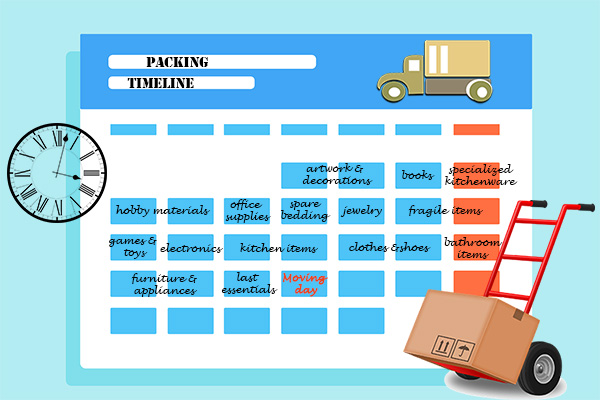Five Things You Need to Know When CFD Trading
The most significant distinction between CFD Trading and selling stocks or other commodities is that you don’t directly buy or sell the underlying stock but create an agreement with a broker. That said, some core CFD trading rules remain.
Understand the CFD Trading market
Most notably, getting strong prior awareness of the region you are trading in. You may be a brilliant mathematical expert, but if you don’t know the context behind the financial dynamics in the underlying commodity you’re selling, then you’re placing yourself at considerable risk. You’ll be less willing to foresee what the market will do.
For example, suppose you’re looking at utilizing Oil as an underlying commodity for trading CFDs. In that case, you should be keenly conscious of oil policy – would a big oil production nation announce a policy that will affect oil supply? What steps are there to minimize oil demand?
Make your investment plans and strategies
Second, you need an extensive investment program. In the financial sector, you’ll notice many people who traded using their gut instinct and making a lot of money, but these people are in the minority.
Without savings strategies, the overwhelming number of citizens risk a lot of capital – don’t be one of them! Keep an investment journal and document why you made each investment, how you feel, and what you intend the investment to achieve. Know where something goes wrong. Know when to leave, establish limits to prevent wasting so much capital.
Do not get too emotional with your trades
Third, like all investing, you can’t let your feelings control your savings. If investing ends up creating a huge loss, you need to be willing to let the loss go and deal with a clear mind. Continuing trade while being emotional can increase the losses.
Be mindful of your spreads
Fourth, trading CFDs needs acute knowledge of the spread. As CFD brokers earn profits on a spread, any transaction you do would be subject to it, and lucrative short-term trading opportunities will end up being a waste of time until the CFD appreciates beyond spread.
You might anticipate an investment to appreciate 1-2 cents, which may be necessary for high-volume trading, but they are unlikely to match the spread with CFDs. CFDs are usually not a good investment option for people wanting to speculate on short-term, small-market fluctuations.
Leverage on your investments
The final law for selling CFDs is understanding leveraging. CFDs offer you higher flexibility, helping an individual make a large profit with low initial expenditure. Still, similarly, CFD trading can be hazardous for those who don’t prepare properly.
When it comes to CFD investing, you can obey the above five guidelines and ensure sure you participate in markets you recognize and invest wisely to optimize your profit.






